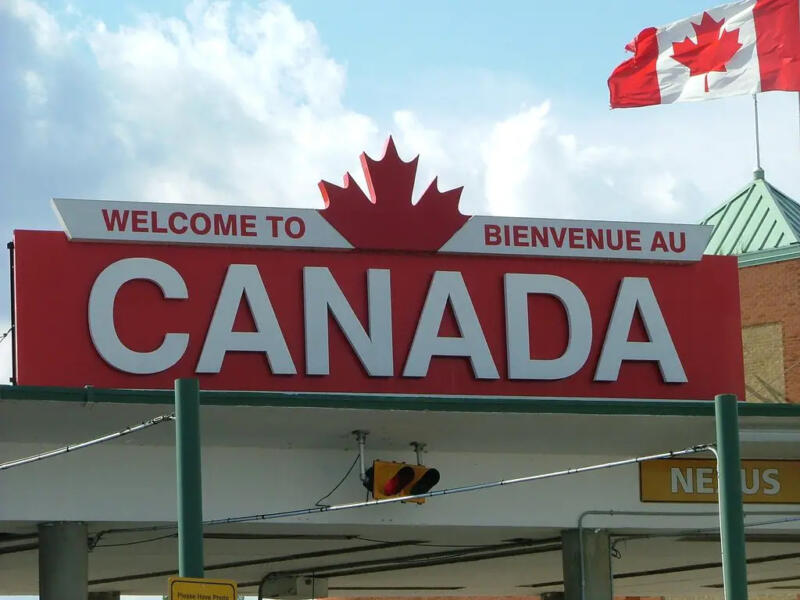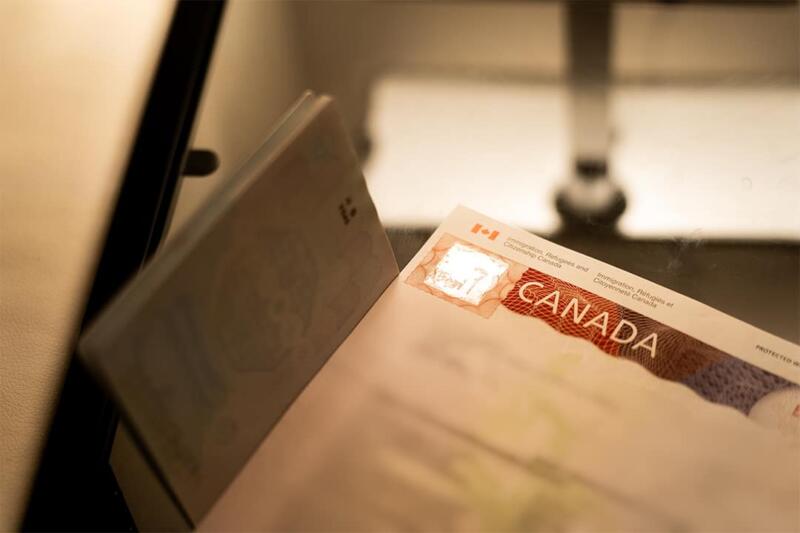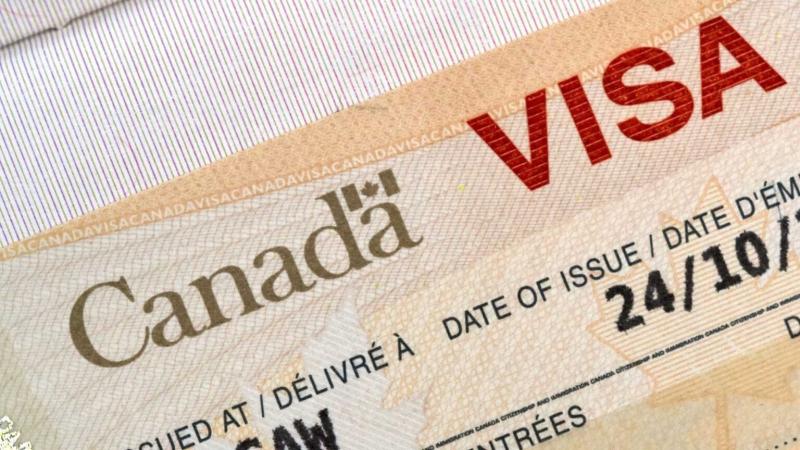Are you looking for a new career opportunity in Canada? Do you want to work in one of the world’s most diverse and welcoming countries? If so, you might be interested in finding an entry-level job in Canada as a foreigner.
However, finding an entry-level job in Canada as a foreigner can be challenging. You must know where to look, how to apply, and what to expect from the Canadian job market and workplace culture. This blog post will share valuable tips and resources to help you find and land your dream entry-level job in Canada.
Table of Contents
What are Entry-level Jobs?
Entry-level jobs require little or no previous work experience or formal education. They are often the first step to rewarding careers in various fields and industries. Entry-level jobs can help you gain valuable skills, experience, and connections that can boost your resume and prospects.
Why are Entry-level Jobs Good for Foreigners?
Entry-level jobs are suitable for foreigners because they can help you:
- Gain Canadian work experience and references, which can boost your resume and increase your chances of getting better jobs in the future.
- Improve your language and communication skills, which are essential for working in Canada.
- Learn about Canadian workplace culture and expectations, which can help you adapt to your new environment and avoid misunderstandings.
- Build your professional network and connections, which can open doors for more opportunities and referrals.
- Earn income and support yourself and your family while you settle in Canada.
How to Find Entry-level Jobs in Canada as a Foreigner?
Here are some steps you can take to improve your job search:
1. Assess your Skills and Qualifications
Before you start looking for jobs, you need to know what you have to offer to employers. Find out your current skills, abilities, and strengths and how they match the requirements of the jobs you are interested in. You can use online tools such as the Skills Match tool from Job Bank or the Skills Assessment tool from Canadian Visa Experts to help you with this step.
2. Customize your Resume and Cover Letter
Your resume and cover letter are your marketing tools that showcase your skills and qualifications to potential employers. You need to tailor them to each job you apply for, highlighting how you meet the specific needs and expectations of the employer. You must also use clear and concise language, avoid spelling and grammar errors, and follow the Canadian resume format and style. You can find tips and examples on how to write a resume and cover letter on websites such as Job Bank, Indeed Canada, Monster Canada, or CareerBuilder Canada. You can also get help from immigrant-serving organizations that offer resume-writing workshops and other services to help you find work.
3. Search for Jobs Online and Offline
There are many ways to look for entry-level jobs in Canada, such as:
Should you find this piece engaging, we kindly invite you to explore the wealth of content in our other articles:
- Research companies where you want to work by checking their website for jobs they post, contacting employers directly to ask if they are hiring, or visiting them in person.
- Go to job fairs in your city or town to meet employers and discuss jobs face-to-face.
- Browse job search websites and newspaper classified sections to see who is hiring. Job Bank has up to 2,000 new jobs posted every day. Jobs.gc.ca has job postings for federal public service. You can also use websites such as Indeed Canada, Glassdoor, Monster Canada, CareerBuilder Canada, Canadian Visa Experts, Emigrate Canada, Canadim, or Canadavisa.com, which specialize in jobs for foreigners or newcomers.
- Use an employment agency that searches for jobs for you. Some agencies charge fees for their services, while the government or non-profit organizations fund others and offer free assistance. You can find a list of employment agencies on Job Bank or Service Canada websites.
- Ask family and friends if they know about open jobs. Many jobs are not advertised online or offline but through word-of-mouth or referrals. You can also join online communities or groups related to your field of interest or profession on social media platforms such as Facebook or LinkedIn.
4. Prepare for Interviews
Once you find a job you are interested in, you will usually need to apply by sending your resume and cover letter online or by mail. Based on your application, the employer will decide whether to invite you for a job interview. A job interview allows the employer to meet you, ask questions to see your suitability, and help you learn more about the job and decide if you want to work for that organization. To prepare for an interview, you should:
- Research the company and the job before the interview. Learn about their mission, vision, values, products or services, customers or clients, competitors, and challenges. Find out what the job entails, what skills and qualifications are required, and what are the expectations and goals of the employer.
- Practice answering common interview questions and prepare some questions to ask the interviewer. You can find sample interview questions and tips on answering them on websites such as Job Bank, Indeed Canada, Monster Canada, or CareerBuilder Canada. You can also get help from immigrant-serving organizations that offer job search training sessions and mock interviews.
- Dress professionally and appropriately for the interview. You should wear clean, neat, and comfortable clothes that suit the type of job and the company culture. You should also avoid wearing too much perfume, cologne, jewelry, or makeup.
- Arrive on time and be polite and respectful to everyone you meet. You should arrive at least 10 minutes before the scheduled time of the interview and bring copies of your resume, cover letter, references, and any other documents the employer may have requested. You should also greet the interviewer with a smile and a firm handshake, maintain eye contact and good posture, listen carefully and attentively, speak clearly and confidently, and thank them for their time and consideration at the end of the interview.
5. Follow up After the Interview
After the interview, you should send a thank-you note or email to the interviewer within 24 hours, expressing your appreciation for the opportunity, reiterating your interest in the job, and highlighting your primary qualifications and skills. You should also keep in touch with the employer until you hear back from them about their decision. If you do not hear back within a reasonable time frame (usually one or two weeks), you can follow up with a phone call or email to inquire about the status of your application.
The Bottom Line
Getting an entry-level job in Canada as a foreigner can be a rewarding experience that can help you start your career in your new country. By following these tips and using these resources, you can increase your chances of finding a job that matches your skills and qualifications. Remember that finding a job takes time and effort but is worth it in the long run. Good luck with your job search!






